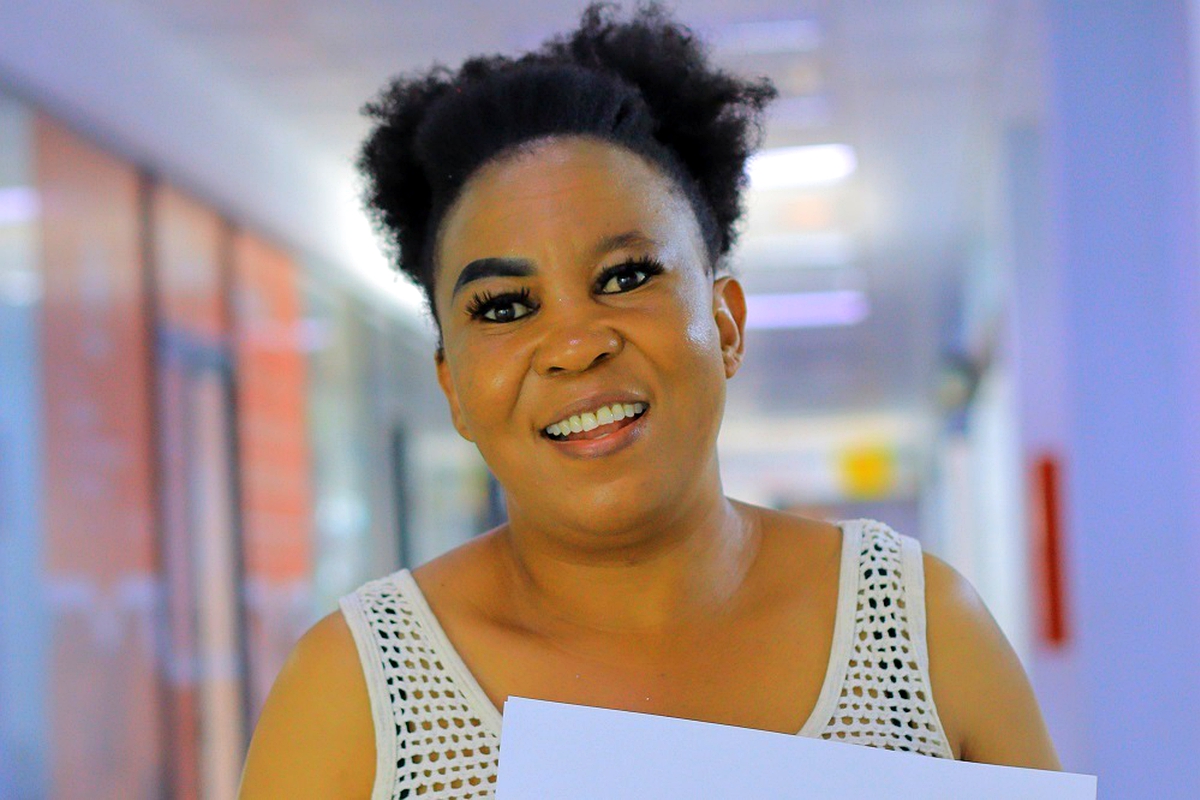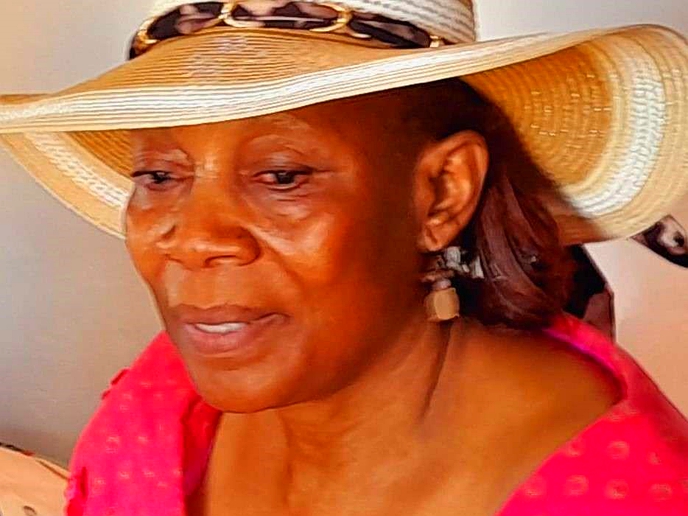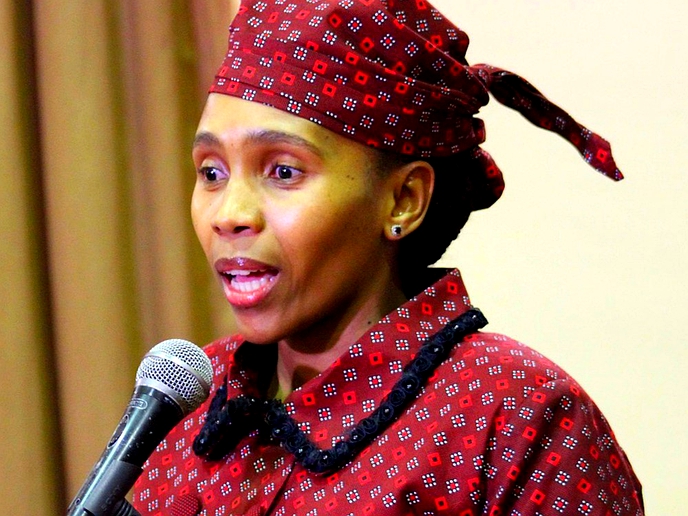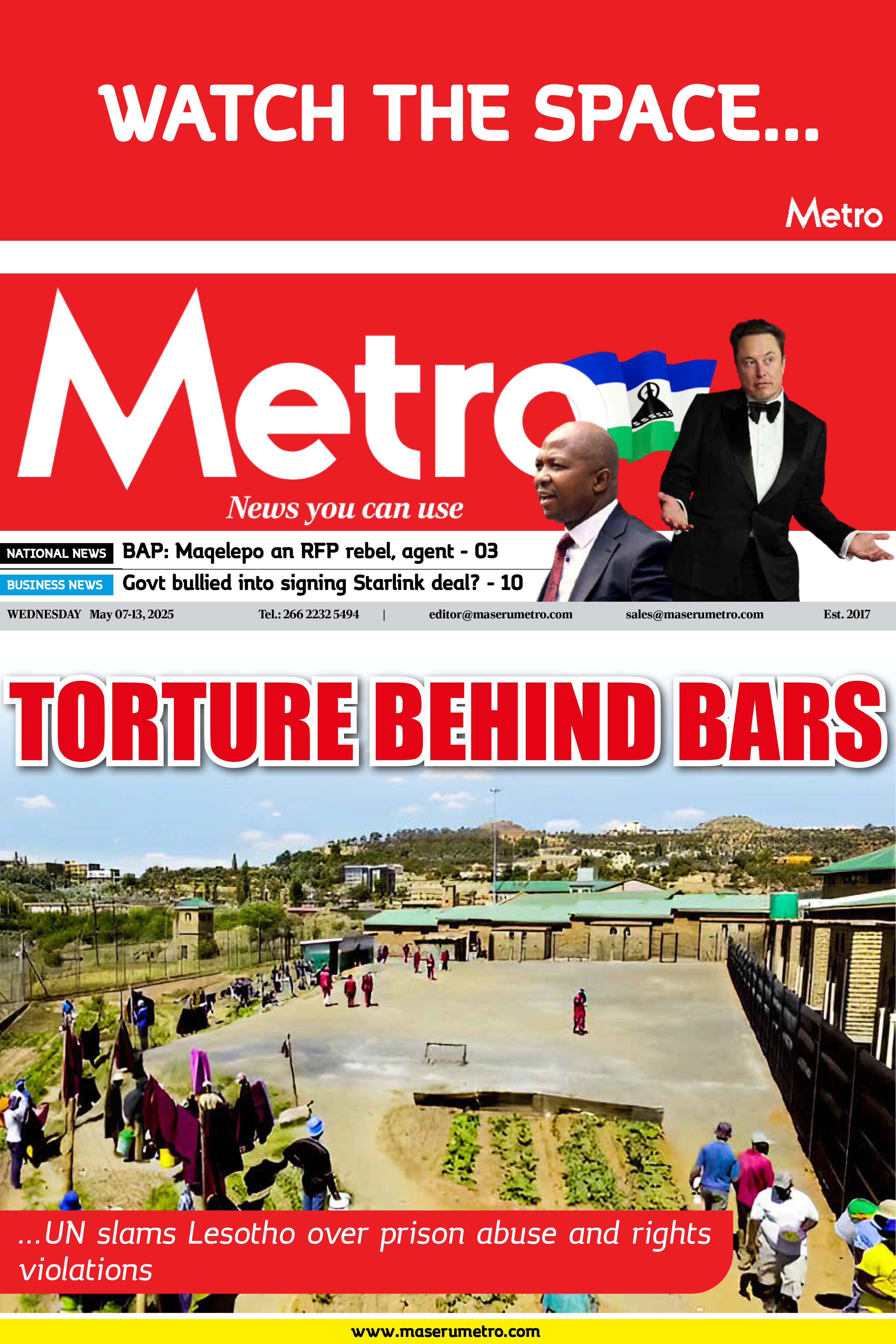AN activist that advocates for safe legal abortions, Lintle Ramatla says Lesotho faces early and unintended pregnancy challenges including the fear of being judged.
health
April 20, 2022
LINEO MABEKEBEKE
3 min read
Safe legal abortion is essential healthcare – Activist

Healthcare activist, Lintle Ramatla
Story highlights
“Safe abortion is essential health care and a human right that women and girls should be free to exercise without fear of being judged,” she said.
Despite efforts to educate people that legal abortions were safe, Ms Ramatla said most women and girls who had unwanted pregnancies were forced to get married and experience poor family planning.
“Those in high school and tertiary institutions who keep the pregnancy are forced to leave school and some eventually choose abortion,” she said.
Other problems women and girls face include finding out that they are already pregnant after dating married men; being rejected by their partners and families; being forced by their partners to abort; low income and poverty; rape; domestic violence; and intimate partner violence.
According to the World Health Organisation (WHO), a specialised agency of the United Nations (UN) responsible for international public health, over six million unsafe abortions occur in Africa resulting in 29 000 deaths and serious injuries and disabilities every year.
WHO further shows that most victims are poor African women and girls under the age of 25, living in rural areas.
In a country like Lesotho, where abortion is illegal or highly restricted, Ms Ramatla said the act put lives of women and girls at risk such as injuries from unsafe abortions.
“It also poses risks to women’s physical and mental well-being throughout their lives and also the maternal mortality rates linked to unsafe abortions rise,” she also said.
“Some face the trauma to an extent that they get arrested when they are found to have aborted. Others lose their partners because of unwanted pregnancies.”
Although most of the victims have an idea about contraceptives or family planning, she said myths, religious related restrictions and cultural norms make it difficult for some girls.
Enjoy our daily newsletter from today
Access exclusive newsletters, along with previews of new media releases.
“Some use traditional methods to prevent pregnancy,” she said, adding that lack of access to health services was another barrier.
“I encourage sexually active women and girls to use contraceptives to prevent unintended pregnancies,” she said. “Abstinence is also one of the methods that can prevent unwanted pregnancies.”
She said sexual and reproductive health and rights services extended by government were not enough if they did not include safe legal abortion.
“There is a serious need for Lesotho to address unsafe abortion through progressive statutory and policy measure as it is a key component for creating an enabling environment for safe abortion,” she said.
“Most Basotho women and girls who are aware of Section 45 of the Penal Code Act of 2010 that addresses the issue of abortion in a restrictive way need to be reviewed.”
Ms Ramatla has appealed to policymakers to decriminalise abortion, saying Lesotho should start investing in educating people about abortion to save lives of women and girls.
“Safe legal abortion is an essential healthcare that will reduce the maternal mortality rates and the injuries of unsafe abortions,” she said. “Our country must really prioritise women’s health over politics and religion.
“I also appeal to Lesotho like other African countries to take steps to review restrictive laws in accordance with regional and international commitments. I will do whatever it takes to stand up for the sexual and reproductive health and rights and safe legal abortion of Basotho women and girls. One day they will live in a Lesotho whose laws are not a hindrance to exercising their health rights including safe legal abortion.”






